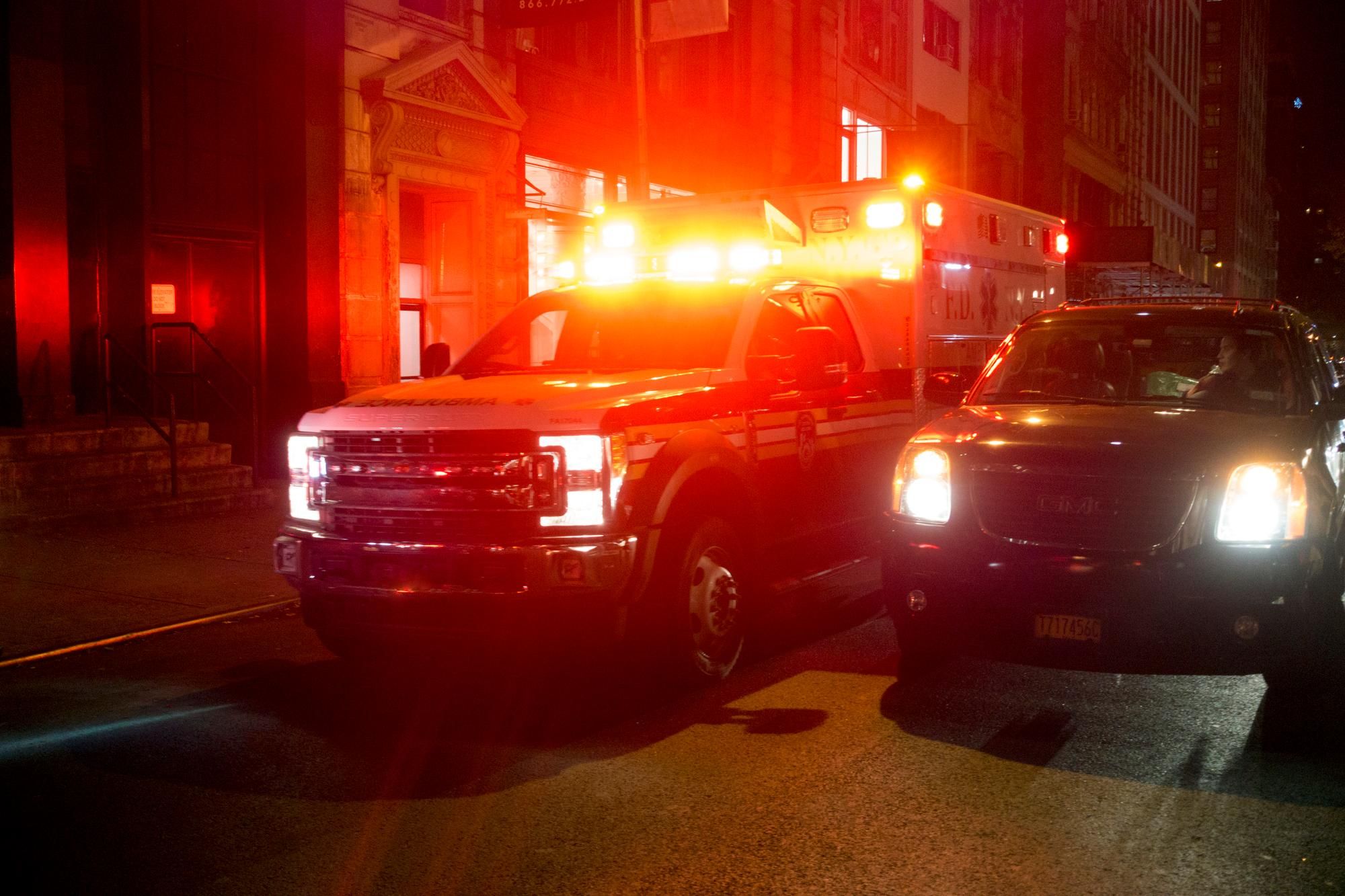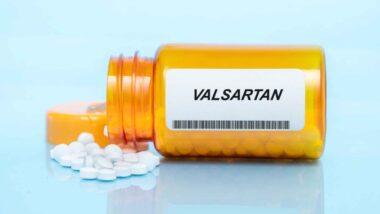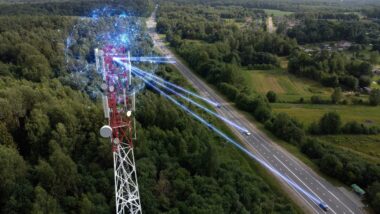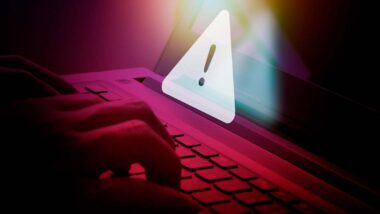Top Class Actions’s website and social media posts use affiliate links. If you make a purchase using such links, we may receive a commission, but it will not result in any additional charges to you. Please review our Affiliate Link Disclosure for more information.
Right now seems to be a time of pandemics for the United States, most of them stemming from the restrictions needed to control the spread of the COVID-19 pandemic. Domestic violence is on the rise, food insecurity is reportedly increasing, and joblessness is at an all-time high. One group, in particular, has been struggling for years due to the sacrifices they made for their country, and now their struggles are being exacerbated by the novel coronavirus: 9/11 first responders.
September 11 first responders risked their lives and their health following the World Trade Center terrorist attacks, and now their lives are being threatened again due to the injuries and illnesses they sustained in the days and years following the attack. These illnesses have put these heroes at an increased risk of developing a life-threatening case of COVID-19.
Common Illnesses Among 9/11 First Responders
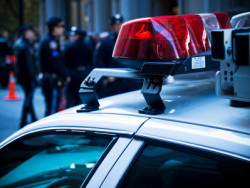
The Fund maintains a list of all conditions covered by the fund. Ostensibly, these are all of the conditions 9/11 first responders may have that could put them at greater risk from COVID-19. The list includes but is not limited to the following illnesses:
- Aerodigestive disorders: asthma, chronic laryngitis, chronic rhinosinusitis, gastroesophageal reflux disorder (GERD), interstitial lung diseases, reactive airways dysfunction syndrome (RADS), chronic nasopharyngitis, chronic respiratory disorder due to fumes/vapors, etc.
- Cancers: diffuse non-Hodgkins lymphomas, follicular non-Hodgkins lymphomas, Hodgkin’s disease, leukemias, malignant immunoproliferative diseases, multiple myeloma, etc.
- Mental health conditions: adjustment disorder, acute stress disorder, depression, anxiety, panic disorders, post-traumatic stress disorder, etc.
- Musculoskeletal disorders: low back pain, carpal tunnel syndrome, etc.
COVID-19 At-Risk Groups
According to the Centers for Disease Control and Prevention (CDC), there are some groups of people who are at a bigger risk of developing a severe case of COVID-19. Unfortunately, 9/11 first responders may fall into multiple groups, and not just those to do with illnesses. For instance, roughly 13 percent of 9/11 first responders are above the age of 65, one of the COVID-19 at-risk groups, according to the World Trade Center Health Program (WTCHP).
The CDC also lists people with chronic lung diseases and those under cancer treatment among those at the highest risk from the novel coronavirus. The WTCHP reports that aerodigestive issues, relating to the respiratory system and upper digestive tract (the mouth, throat, lips, etc.), affect nearly half of the first responders who have filed for compensation through the 9/11 Victims Fund. A little over 15 percent of filers are seeking compensation for cancer.
Can 9/11 First Responders Seek Compensation for COVID-19?
Over the years, dozens of illnesses and health problems have been added to the list of conditions covered by the 9/11 Victims Compensation Fund. Because of this, it’s impossible to say what additional issues will be covered by the fund in the future. As of now, the WTCHP is offering limited compensation for 9/11 first responders who contract COVID-19.
“We are able to provide COVID-19 testing and care to members who are at high risk due to certified WTC-related conditions,” the WTCHP states.
If you think you may qualify for compensation, the WTCHP recommends contacting your nearest WTCHP clinic. A list of these locations can be found on the WTCHP site. Additionally, a group of lawmakers has proposed the Pandemic Heroes Compensation Act. If passed, the act will create a coronavirus compensation fund for essential workers – a group that includes first responders.
Navigating the complex and burdensome paperwork and strict deadlines to participate in the 9/11 Victim Compensation Fund can be difficult. An experienced 9/11 Victim Fund attorney can help and ensure you get the maximum compensation available.
If you were present near Ground Zero, generally considered to be Lower Manhattan below Canal Street, between Sept. 11, 2001 and May 31, 2002, and were diagnosed with cancer four years or more after exposure (or one year or more for blood and bone cancers), you may qualify for compensation.
Submit your information now for a free, no-obligation review of your potential 9/11 cancer fund claim.
ATTORNEY ADVERTISING
Top Class Actions is a Proud Member of the American Bar Association
LEGAL INFORMATION IS NOT LEGAL ADVICE
Top Class Actions Legal Statement
©2008 – 2024 Top Class Actions® LLC
Various Trademarks held by their respective owners
This website is not intended for viewing or usage by European Union citizens.
Get Help – It’s Free
Free 9/11 Cancer Fund Claim Evaluation
If you qualify, a September 11th Victim Compensation Fund attorney will contact you to discuss the details of your potential claim at no charge to you.
PLEASE NOTE: If you want to participate in this investigation, it is imperative that you reply to the law firm if they call or email you. Failing to do so may result in you not getting signed up as a client or getting you dropped as a client.
Oops! We could not locate your form.

